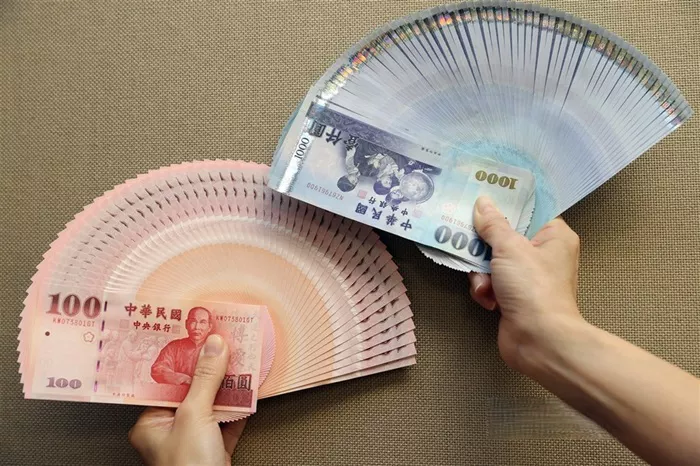The U.S. dollar closed lower against the New Taiwan dollar on Thursday on the Taipei foreign exchange market, as investors responded to regional currency strength and easing concerns over U.S. monetary tightening. The local market reflected a broader trend of softening demand for the greenback following the release of weaker-than-expected U.S. inflation data.
At the close of trade, the U.S. dollar was quoted at NT$32.120, down NT$0.130 from the previous day’s close of NT$32.250. The day’s total turnover reached approximately US$880 million, according to figures from the Taipei Forex Inc.
Forex traders said the decline in the U.S. dollar was largely influenced by the release of April’s Consumer Price Index (CPI) in the United States, which showed a slower pace of inflation. The data raised investor expectations that the U.S. Federal Reserve may hold interest rates steady in the near term, reducing the dollar’s appeal compared to regional currencies.
Meanwhile, the New Taiwan dollar benefited from a continued inflow of foreign funds into Taiwan’s equity markets, where technology stocks posted modest gains on Thursday. Analysts noted that renewed investor optimism in Asia’s semiconductor sector has also contributed to sustained buying interest in the local currency.
“The market was quick to price in the CPI data, which suggested the Fed may take a more cautious approach going forward,” said a Taipei-based currency strategist. “At the same time, Taiwan’s stable macroeconomic outlook and equity performance are giving the New Taiwan dollar additional support.”
Market participants are now turning their attention to upcoming public remarks from several Federal Reserve officials, as well as further economic indicators, including the U.S. retail sales report due later this week. Any signs of economic softness or dovish commentary from the Fed could add downward pressure on the dollar in the short term.
Looking ahead, traders anticipate the New Taiwan dollar may continue to trade in a narrow range, supported by capital inflows and investor sentiment, while remaining sensitive to shifts in global monetary policy expectations.
The central bank of Taiwan remained on the sidelines Thursday, with no apparent intervention observed during the trading session. However, market watchers suggest that if the New Taiwan dollar appreciates too quickly, authorities may step in to curb volatility in order to protect export competitiveness.
The Taipei forex market operates Monday through Friday, with daily trading influenced by both local developments and global financial trends.
Related Topics:
Could FX Hedging Strategies Support a Weakened Australian Dollar?

